Your Kidneys and How They Work
The kidneys are two bean-shaped organs, each about the size of a fist. They are located just below the rib cage, one on each side of the spine.
Your kidneys are as important to your health as your heart or lungs.
The main function of the kidneys is to remove waste products and excess fluids from the body through urine.
The kidneys perform many crucial functions, including:
- Maintaining overall fluid balance
- Regulating and filtering minerals from blood
- Filtering waste materials from food, medications, and toxic substances
- Creating hormones that help produce red blood cells, promote bone health, and regulate blood pressure
CHRONIC KIDNEY DISEASE
Chronic kidney disease (CKD) is a long-term condition where the kidneys don’t work as well as they should.
DIABETES & KIDNEY DISEASE
Diabetes – A Major Risk Factor for Kidney Disease
TOP TIPS FOR HEALTHY KIDNEYS
Maintaining kidney health is important to your overall health and general wellbeing.
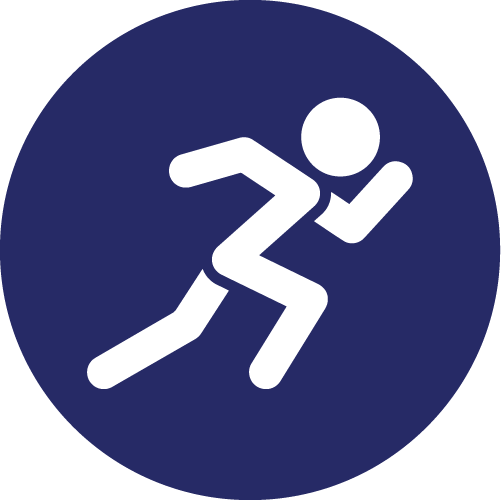
Keep active and fit
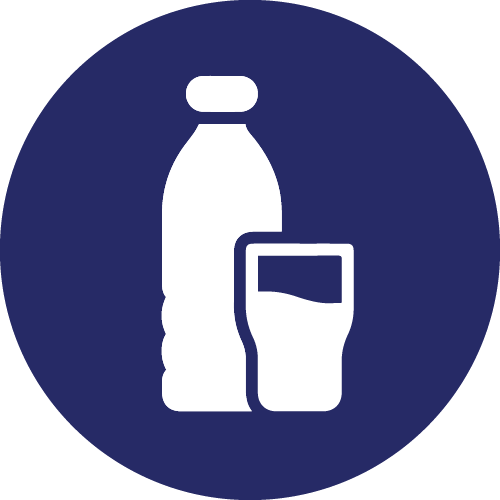
Stay hydrated

Monitor weight and eat a healthy diet
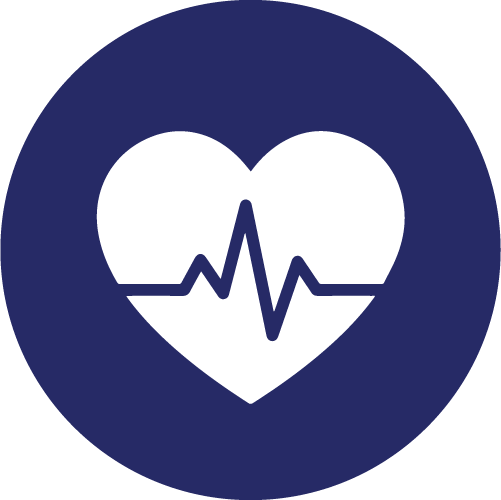
Watch your blood pressure
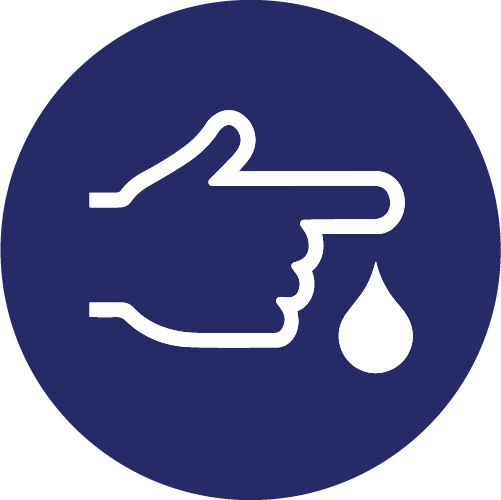
Control your blood sugar
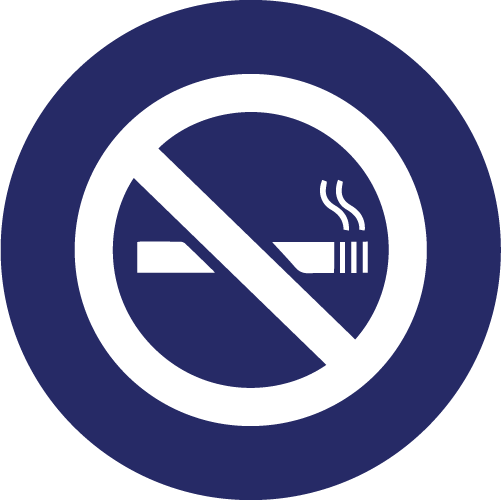
Do not smoke or drink too much alcohol

Be aware of the amount of over-the-counter medication you take
TOP TIPS FOR HEALTHY KIDNEYS
Maintaining kidney health is important to your overall health and general wellbeing.

Keep active and fit

Stay hydrated

Monitor weight and eat a healthy diet

Watch your blood pressure

Control your blood sugar

Do not smoke or drink too much alcohol

Be aware of the amount of over-the-counter medication you take




